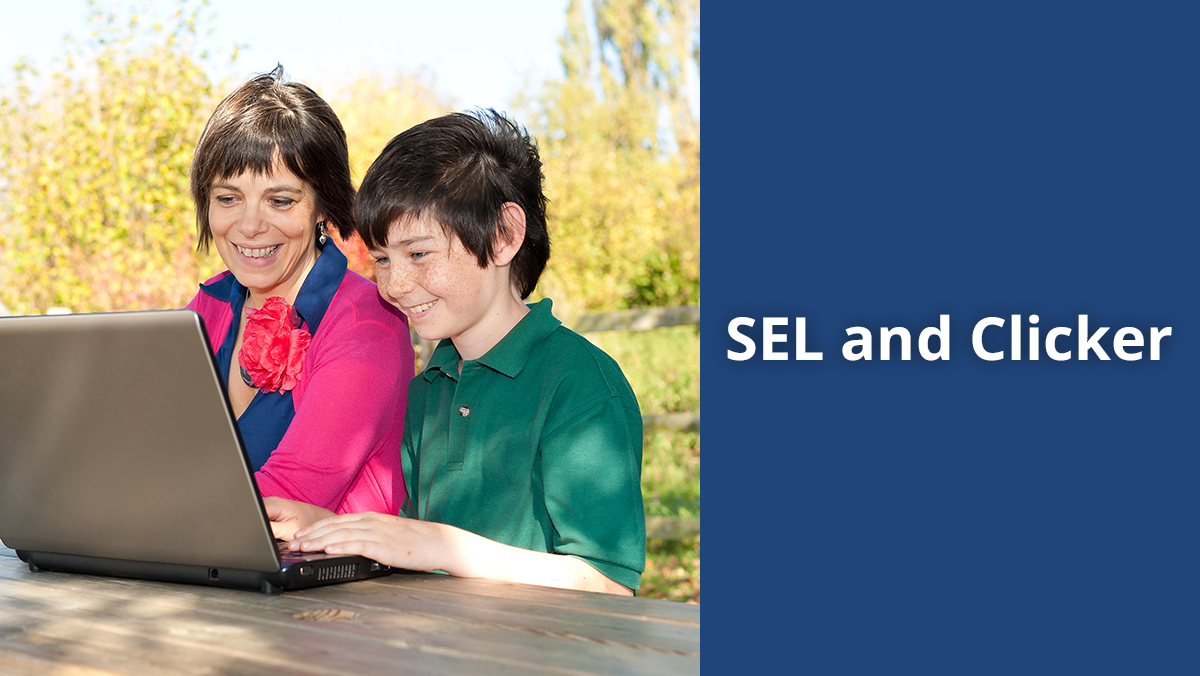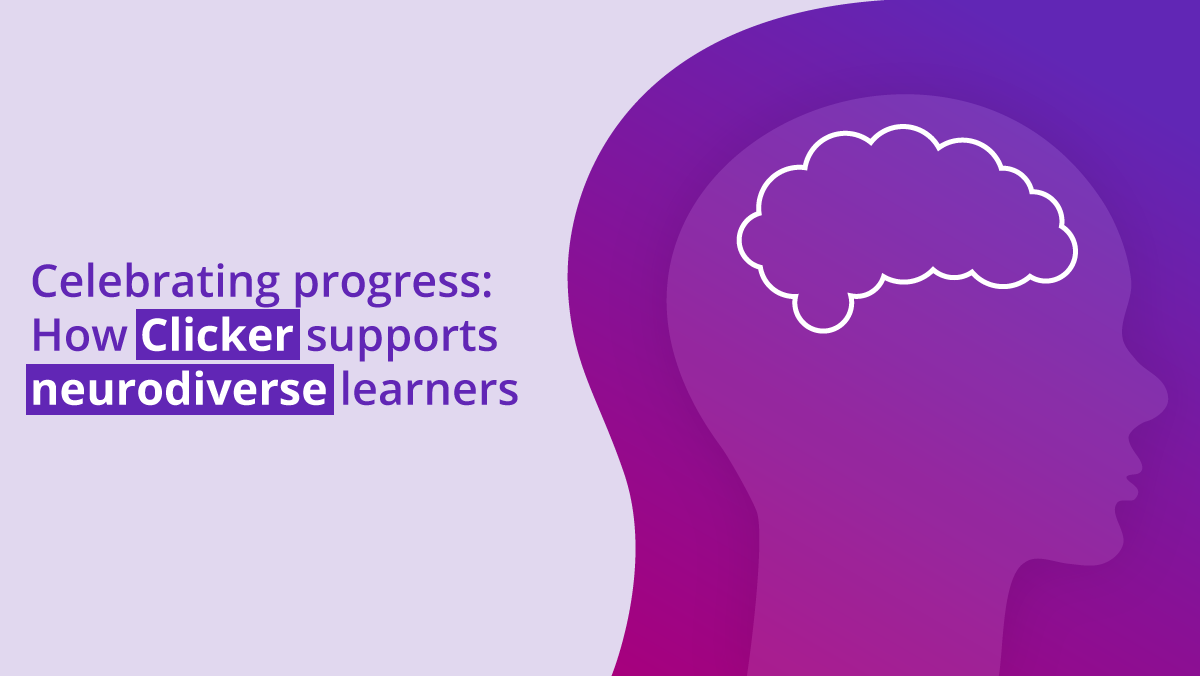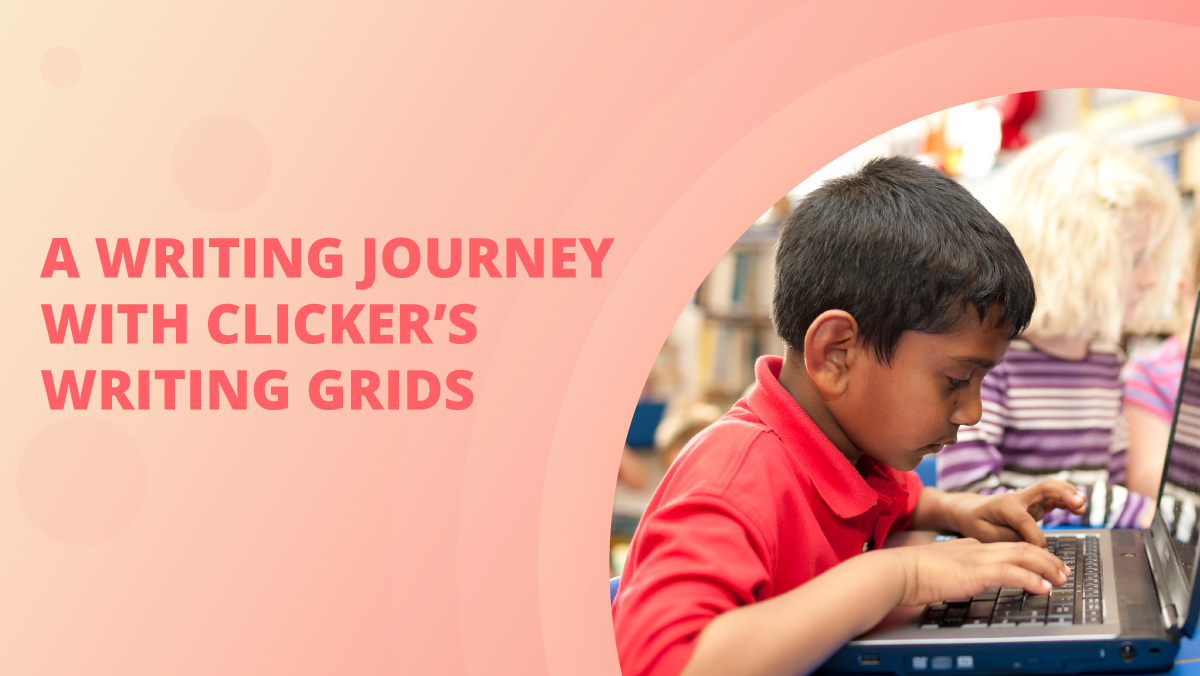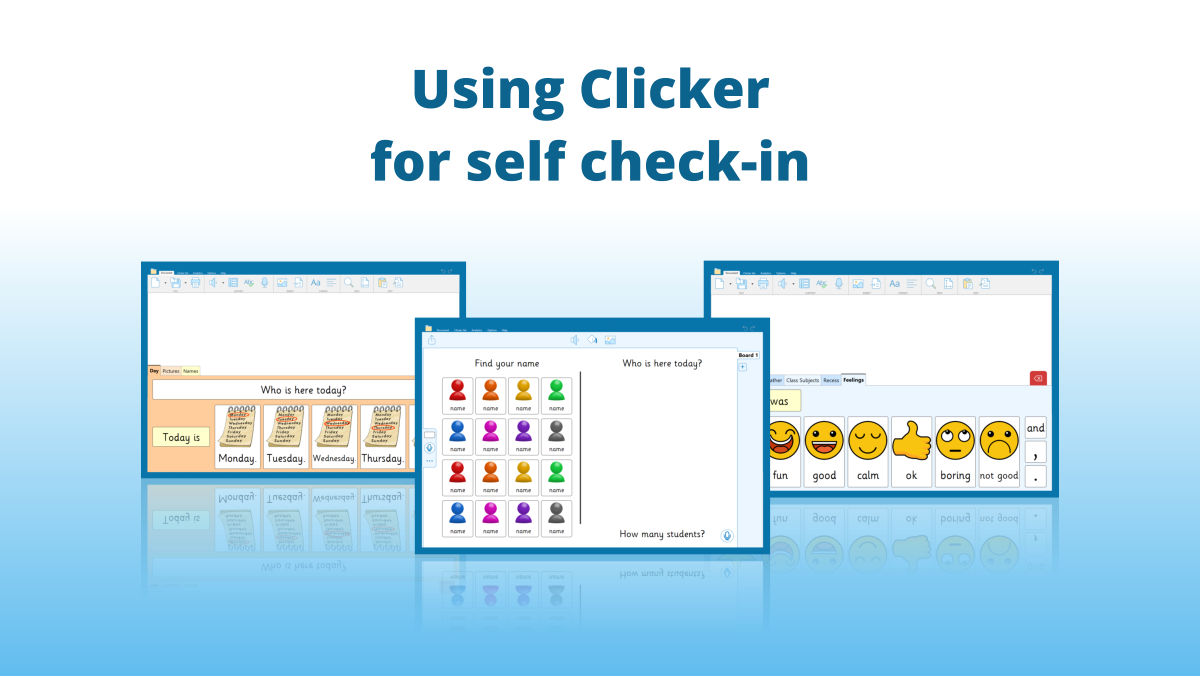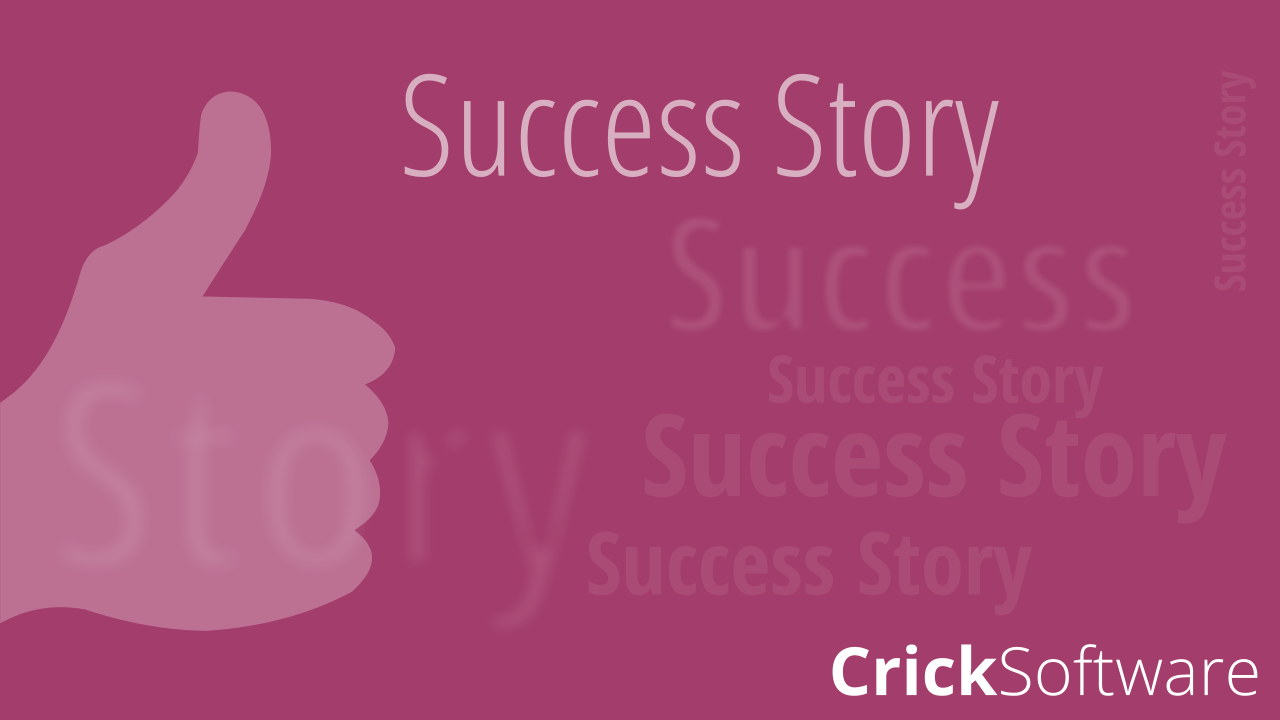Carol Allen is an Education Advisor specializing in Information Technology and Inclusion, having taught in both general education schools and schools for students with severe, profound, and multiple learning difficulties. In this powerful guest post, Carol explores the unique challenges that schools are currently facing, and what they can do to help everyone in their community flourish.
It’s the final quarter for most schools; teachers, teaching assistants, parents and caregivers, students – all those involved in education are exhausted from the daily efforts being made to support students with their education given the huge impact and disruption caused by the pandemic.
School administrators warn that the Covid disruption over the past two years means that these students have not had the opportunity to "rehearse the routines, skills, and social aspects of learning which they normally develop in key stage 1 (lower elementary)", says the report, by the company Juniper Education.
News, articles, tweets, and blogs endlessly discuss the “recovery” curriculum; the “deficit” facing education, and offer suggestions and guidelines to schools, forgetting that in every case individual schools have to establish their particular set of circumstances, needs, and available resource levels to address these. It also has to be made clear that the disruption in fact worked to the strengths of many students who flourished outside the confines of school and were able to use the online, hybrid model to learn at their own pace in a way that better suited their needs. In short, there is no “one size fits all” answer to the challenges currently facing our schools, and perhaps this is at least partially responsible for the current exhaustion levels evident across the educational profession.
A recent article in the TES discussed some research suggesting that Year 3 (second grade) students have been most affected, particularly in their social aspects of learning and specifically in the skill of writing.
In particular, the attainment gap has widened for those students with additional needs who will have missed out on specific interventions and support in the crucial early years of formal education.
Contemplating this complex educational landscape, and being aware of the need for schools to be able to respond effectively to their own community need and equally the needs of individual students who require additional supports, it becomes clear that solutions and suggestions must be:
- Effective
- Flexible
- Easy to access both at home and at school
- Easy to use
- Supportive to both staff and students
To me, we must look beyond the immediate situation and not rely on quick fix interventions but set in motion good practice solutions that are integral and embedded in the whole school learning estate to promote generalization and long-term learning outcomes. Clicker 8 provides exactly this.
Clicker 8, and its associated apps, offers an accessible support system to the whole curriculum. Scaffolding supports can be used, or not used, at varying levels so that the student can control when and how the options are deployed. From first use, it is important to demonstrate how to access features such as word banks, word prediction, mind mapping, and templates so that we empower the student to recognize how and when to use them, strengthening their independence.
As Clicker 8 includes home access, this means that the student can access the same learning landscape, with the same supports wherever they are working. Thus homework, school absence, school closures are no longer as problematic; workflow can be consistent and fluid across diverse locations.
Many schools may have used Clicker for several years and not realized when updating to Clicker 8 that they have a data analytics tool. This is so simple to access and allows the educator to know how and when supports have been used in a piece of writing, thus patterns and anomalies can be identified, and specific targets can be addressed.
Whatever the topic we need to teach, LearningGrids is very likely to offer at least one ready-to-use idea… all of which are instantly customizable if small changes need to be made to exactly match, for example, the vocabulary needed. The wide range of templates included save so much time as the hard work of framework creation has been done and all that is left is to populate with content according to need. Thus, several versions of the same Clicker Book can be created so easily, with differing literacy levels if needed. Time is a much-desired resource for all educators and to be able to save time in these ways is so, so useful.
As a teacher, the many features and supports Clicker offers me have a huge part to play in my own well-being as I can effectively and flexibly support the students I work with, knowing that they are able to demonstrate their ideas and understanding without the restrictions caused by a learning barrier. As it works on every level, it is an all-purpose resource that should not be reserved for those “in need.” It is a powerful, generic resource that everyone can benefit from. For example, we live in a world where text-to-speech is ubiquitous so it may be that revising some homework is easier if the piece is read back to the students to spot errors. Realizing the full potential of this resource means empowering all your students and reducing any isolation or stigma associated with “special” resources.
As we support our school communities through the next stages of coping with Covid, we must look at establishing learning routines and expectations that can cope with disruption, without causing lifelong issues for staff and students. A huge part of the process for all is learning how to adjust, and thrive, in our new educational landscape. As we support our students who have found that their understanding of routine and learning has impacted on the acquisition of skills, sound, flexible resources like Clicker are the way forward so that we all “grow” and allow healthy, accessible progress to flourish.

